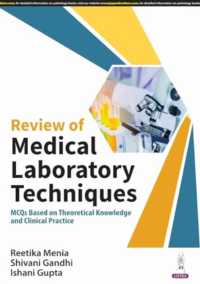Full Description
States of Mind critiques the traditional paradigms that shape our mental health and school systems, from diagnostic labels to high-stakes assessment, unravelling what they are, how they came into being, and why they need to evolve to better serve young people.
The book reconceptualises these systems and shows that, by embracing a different worldview, we can work with young people in a way that fosters belonging, personal growth and collective action. With a focus on meaningful change, it introduces approaches which place young people at the centre as active participants, working alongside adults on complex problems, generating outcomes and co-constructing solutions. These include critiquing and re-imagining school evaluation; designing whole-school policies to promote staff and student wellbeing; and developing programmes to explore our states of mind to support individuals and communities to flourish. Case studies, provocations and examples of inspirational people and organisations are included to empower the reader to rethink their own practices.
Education should support us, both individually and collectively, to co-construct ways of being, thinking and acting authentically. States of Mind is essential reading for teachers, educational psychologists, advocacy organisations, thinktanks, and all those wishing to create more hopeful, humane mental health and education systems.
Contents
PART I
1. Introduction
2. The two paradigms
a. The schooling paradigm
b. The biomedical paradigm
3. Neurodiversity and the psychiatric lens
a. The autism narrative
b. The spectacular rise of ADHD
4. The thwarting of fundamental human needs
a. Belongingness
b. Individuation
5. System dynamics - the materialism trap
a. What is scientific materialism?
b. Materialism and schooling
c. Materialism and mental health
d. Compelled acquiescence
6. The Nest of Fear
a. Fear of uncertainty
PART II
7. Liberation Dynamics
a. Self-awareness
b. Addressing value conflicts
c. Disidentification
d. Reducing power imbalances
e. From 'pupil voice' to co-construction
f. Collective sense-making
g. Exploring the context
h. Feedback and meaningful action
8. The Nest of Faith
a. Faith in common humanity
b. Faith in our-selves
PART III
9. Methodologies and approaches
a. Building rapport and formulating sessions
b. Evidence-IN-practice
c. Action research
d. Quantitative and qualitative
10. Case Studies
a. Breaking the Silence
b. Wellbeing Ambassadors
c. Selfology
11. Conclusion
12. References
Index








